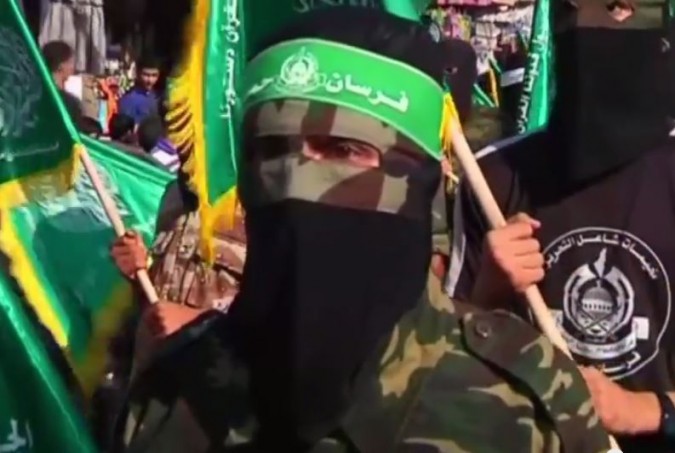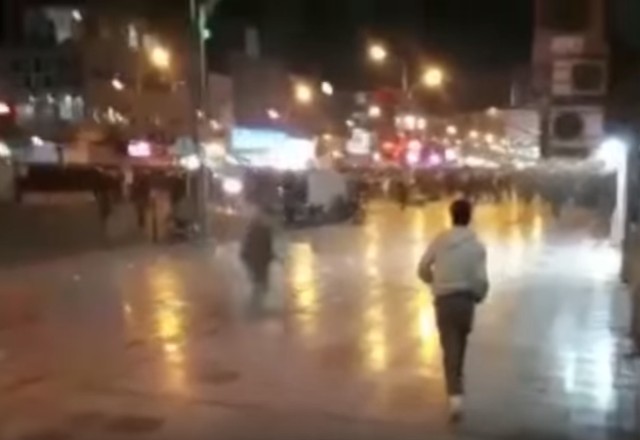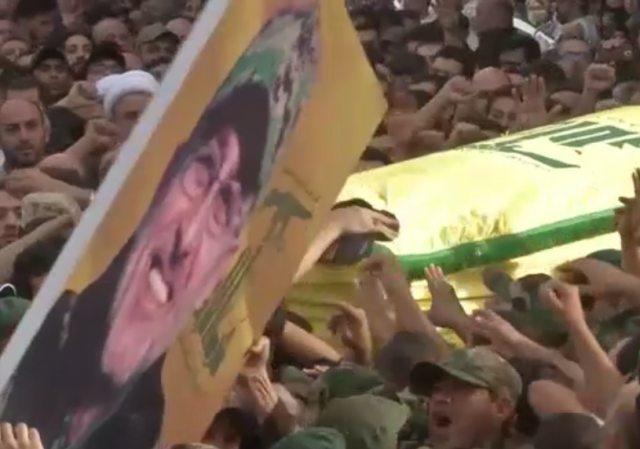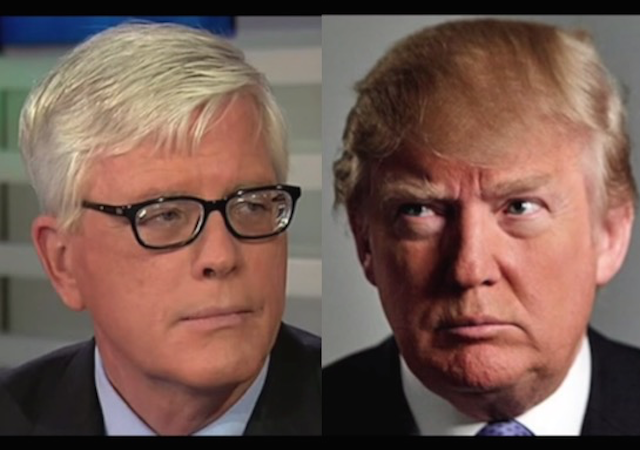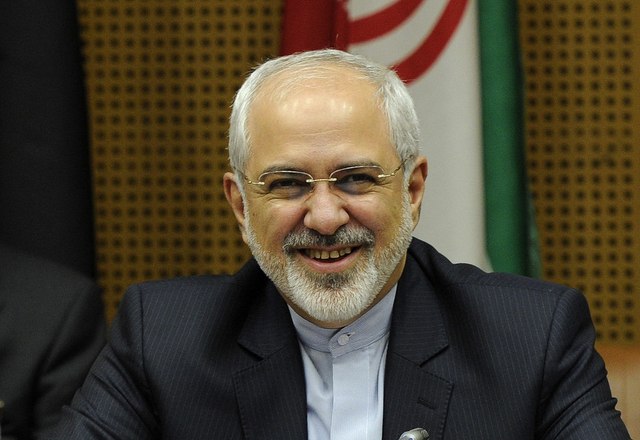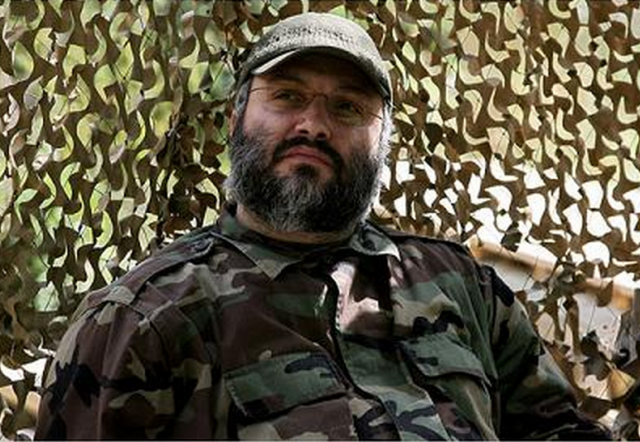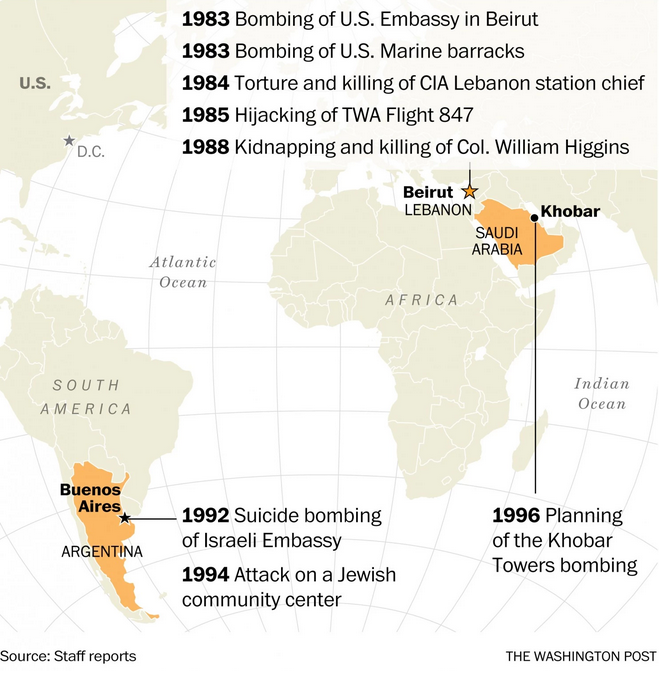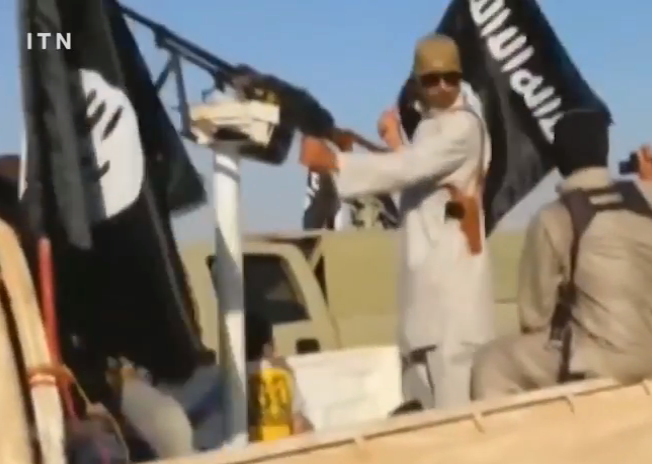Study: Over one-third of Palestinian terrorists freed in 2011 hostage deal returned to terror
on January 30, 2018
19 Comments
According to recent Israeli security assessments, more than a third (420 out of 1,027) of the terrorists released in a November 2011 swap for captive soldier Gilad Schalit have gone back to planning terror attacks.
As noted by senior Israeli security officials, some of these freed murderers have taken up leadership roles in Hamas in Gaza, from where they are “working with Iran to execute terrorists attacks and kidnappings.”

